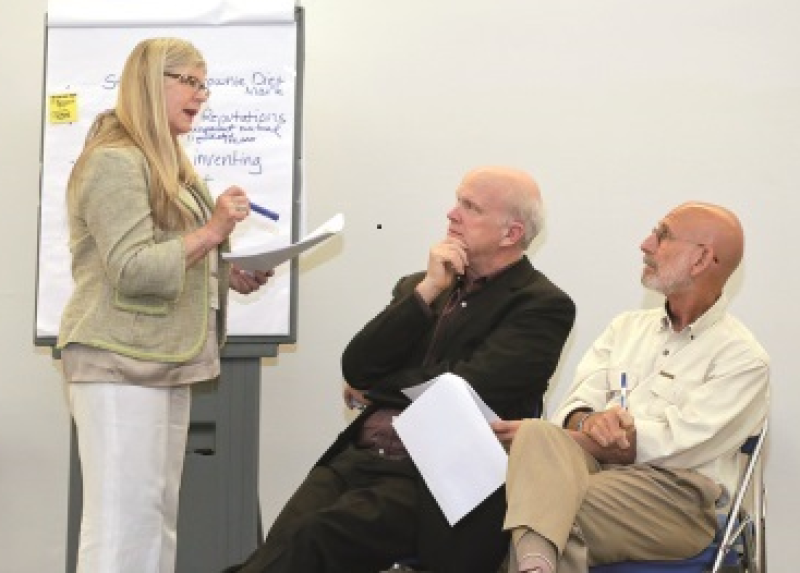
This is one of the many tricky ethics questions that crop up frequently for mediators. Suggestions for handling this question, and others, were covered as part of the two-and-a-half day Mediation Training at the Annual Meeting.
Mediator Samuel Jackson, Co-Chair of the American Bar Association’s Committee on Mediator Ethical Guidance, advised, no, you shouldn’t agree to the party’s request. But he had a follow-up question: say you ring up the other side, tell them you have done the past three mediations for first party, and they ask you tell to tell them about them. What can you disclose?
The answer here is less clear cut. Jackson urged erring on the side of caution: “The mediator has to maintain confidentiality about previous mediation above all else.”
What about if you were approached by a party who mentioned that there may be more business down the way if you do a good job for them? This could be seen as a grey area because it is not clear what a “good job” is. “What I would do is be very clear with the person making the request that I would not bend in their favor,” said Jackson.
Another quandary is that in some cultures it is traditional to give a gift for someone doing a service. This could apply to mediators. “A de minimus gift is not necessarily a breach,” said Jackson.
He listed a number of potential conflicts for mediators that should at least be flagged and often should be dealt with by both parties signing a waiver namely, interest in the action; prior service as a representative; prior service as a neutral; relationship to a law firm, to parties or to the dispute; and other relationships such as being a good friend.
Other areas covered in the session included the options available to mediators if it emerged that the mediation was for a criminal activity. “One case I heard about took about half an hour until the mediator realized the product in question was marijuana, which was an improvement on some of the other methods of collection in that business!” Another was the options available if an attorney had committed a crime. “Someone I know suggested the Mitt Romney solution, where the mediator should encourage the attorney to self-report.”
Mediators should also steer clear of anything that suggests acting like a lawyer, such as drafting legal documents. “I remember one mediator who drafted an agreement and darn it if he wasn’t a month later summoned to court to explain the agreement. It wasn’t his agreement but he’d drafted it,” said Jackson.
He said the main area that might see you get into trouble involves giving legal advice. But it is not clear what constitutes legal advice. Jackson was involved in a process to help the Virginia Supreme Court come up with a definition. This was not easy: “It was like nailing JELL-O® to the wall,” said Jackson.
They did manage to come up with two things that definitely cross the line, however: the moderator gives a prediction about what will happen in the proceeding and the moderator directs a party to a particular course of action. “Be careful not to push too hard,” Jackson concluded.










